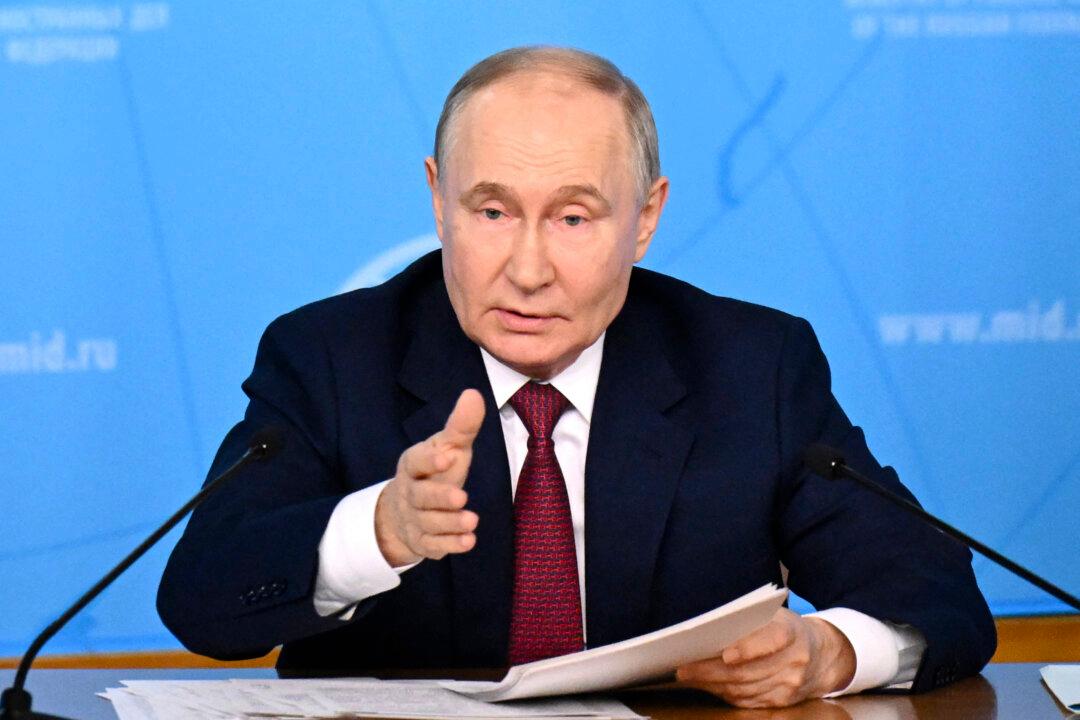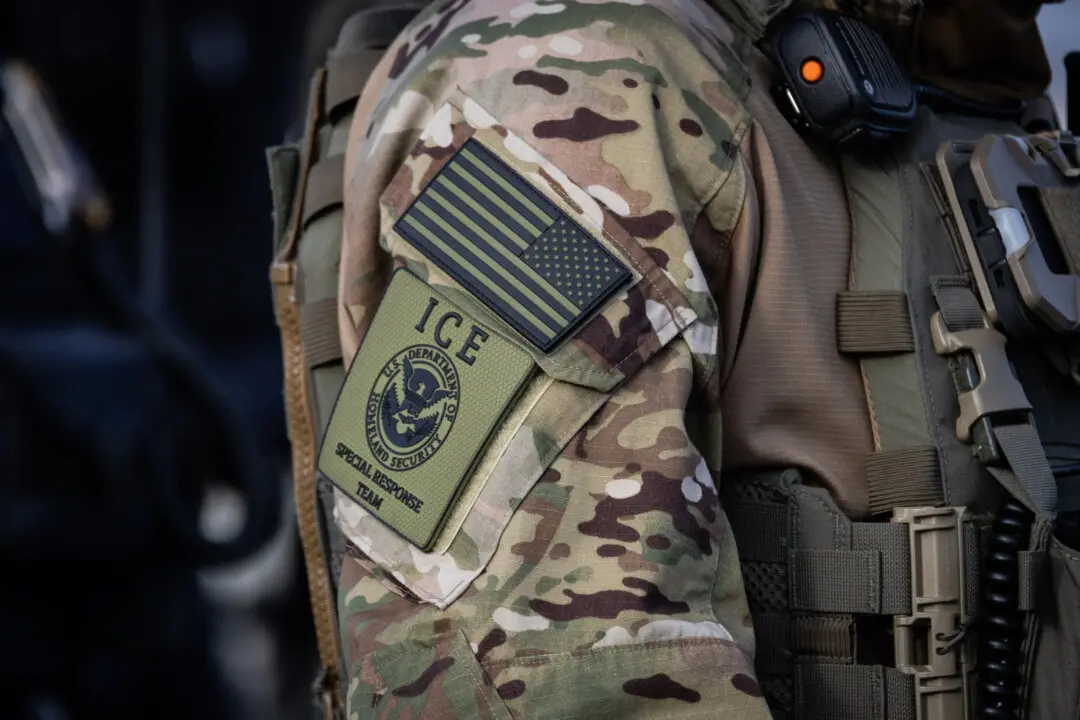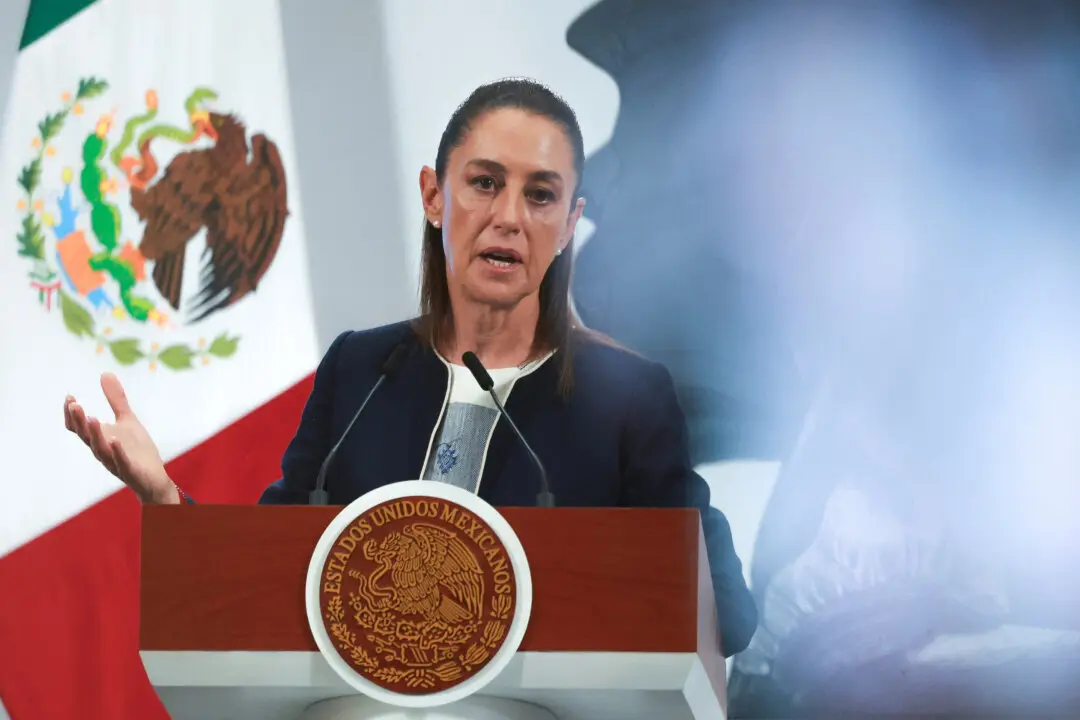Russian President Vladimir Putin said on Nov. 22 that a new intermediate-range ultra-high-speed ballistic missile system, which was recently battle-tested in Ukraine, has been officially commissioned into the Russian Armed Forces and will continue to be evaluated in combat scenarios.
He made the announcement during a Nov. 22 meeting in Moscow with defense officials and missile developers, according to Russian state-run media Tass, and it comes after the Russian leader disclosed that the new “Oreshnik” hypersonic medium-range ballistic missile system was used on Nov. 21 to strike targets in the Ukrainian city of Dnipro.





